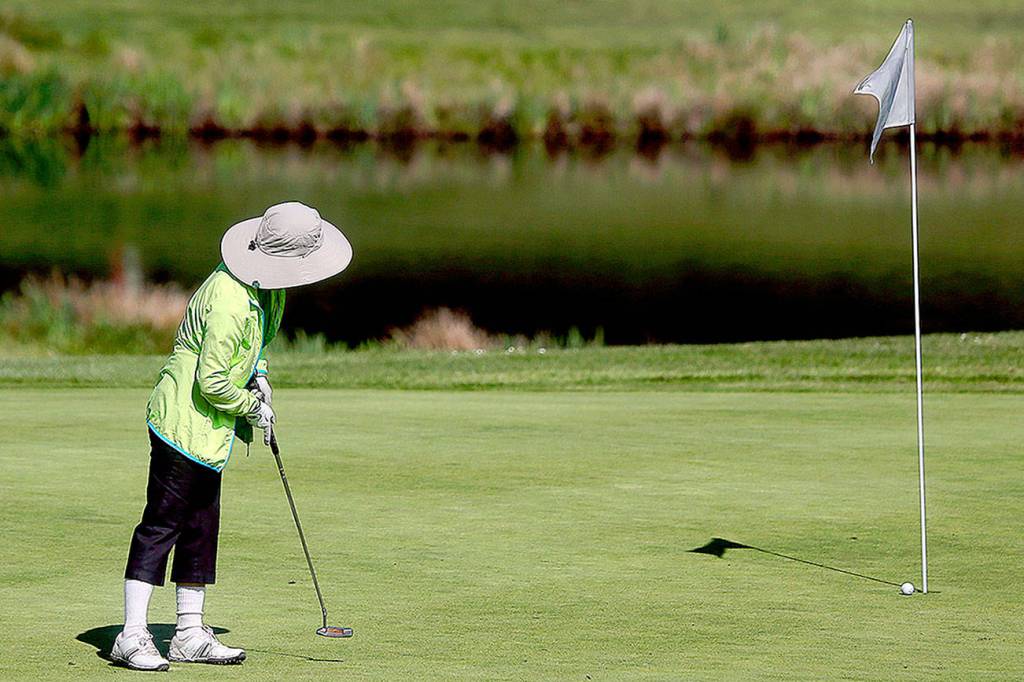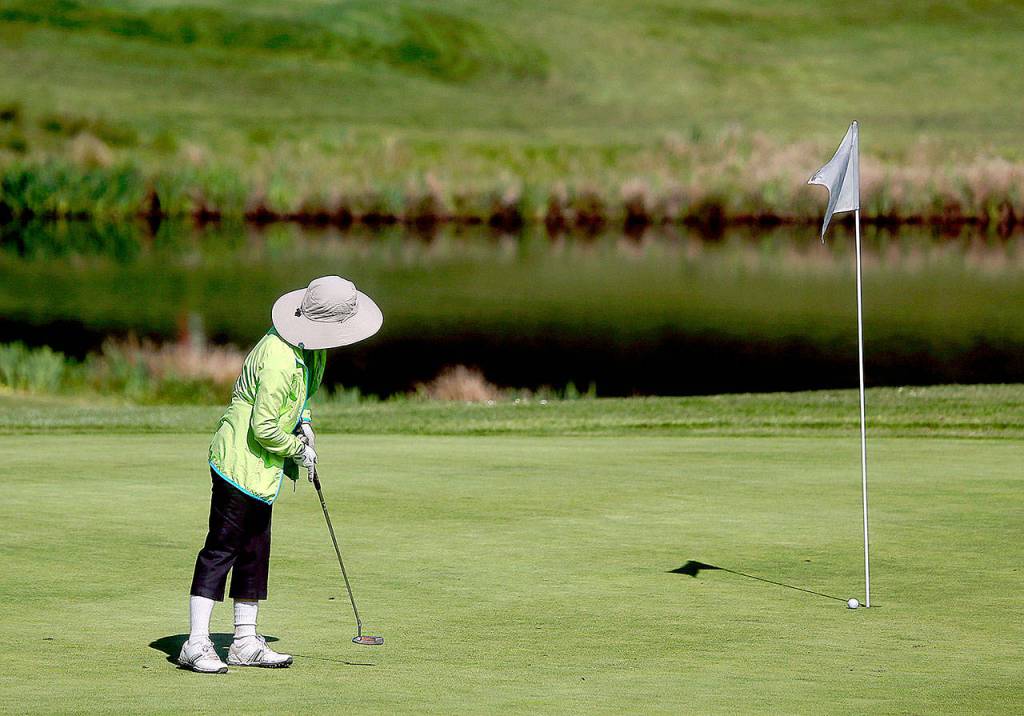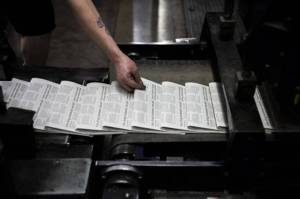Editorial: Everett needs to consider what’s next for its golf courses
Published 1:30 am Sunday, March 5, 2017


By The Herald Editorial Board
If golf is, as the saying goes, a good walk spoiled, it isn’t doing much for the city of Everett’s finances either.
The city is modestly increasing fees at its public courses, Legion Memorial and Walter E. Hall, because expenses for both courses ran ahead of revenue last year and are expected to do the same this year and in following years, as The Herald’s Chris Winters reported Friday. Fees will increase between 49 cents and $1.50 a round, and rates for senior frequent-player cards and passes also are increasing.
City officials estimated that revenue from the courses will increase to $4.3 million this year, $300,000 more than last year’s revenue; but expenses to operate and maintain the courses are budgeted at $4.5 million for this year, an increase from $4.1 million last year.
One of the expenses for both courses is $6.8 million in debt obligations from two bonds issued 20 years ago. The city spends about $330,000 annually on those bonds.
Along with increased expenses, the city courses also are fighting a general decline in participation in golf, not unlike what happened to bowling, particularly among younger adults and youths. Golf took a hit during the recession, especially among millennials, whose participation in golf fell as their incomes fell, according to research by the National Golf Foundation.
And it’s no surprise that young families are choosing soccer and other sports and activities over a few hours on the links.
Nudging up fees has increased revenues per hole, but the number of rounds played at both courses fell last year, at least in part because of bad weather. To be fair, the courses generated income for the city as recently as 2015, about $113,000 above $4.22 million in expenses. But the expectation now is that even as revenues increase 2 percent each year, the expenses will increase by 3 percent annually.
And that has some wondering about what to do with both golf courses, including changing the layout of the courses to speed up play or selling parts of each or one of the courses all together. One option considered in 2014, suggested surplussing two portions of the Walter E. Hall course in south Everett, for possible sale.
Mayor Ray Stephanson noted the value of the property at the south Everett course, when the issue was discussed last year.
It’s tempting for any city to consider the boost to city coffers from such a sale, but Everett should be adding to city park land, not subtracting from it, particularly in the city’s south end where residential density requires more open space and parks.
If the layout at Walter E. Hall can be changed to speed up play and free up space, it might be a better use to add that property to the adjacent Kasch Park, which features several sports fields but also offers trails and other passive park features. An expanded Kasch Park also could provide facilities for disc golf, an activity that is growing in popularity with young adults and families.
Everett’s parks department is working on an analysis of operation of the golf courses, which could take another year to complete. The city also has work ahead to consider long-term funding for its Parks, Recreation and Open Space plan, adopted in May.
Golf should remain part of the city’s recreational mix, but the financial and land resources that we invest in parks have to serve the needs of all residents.




